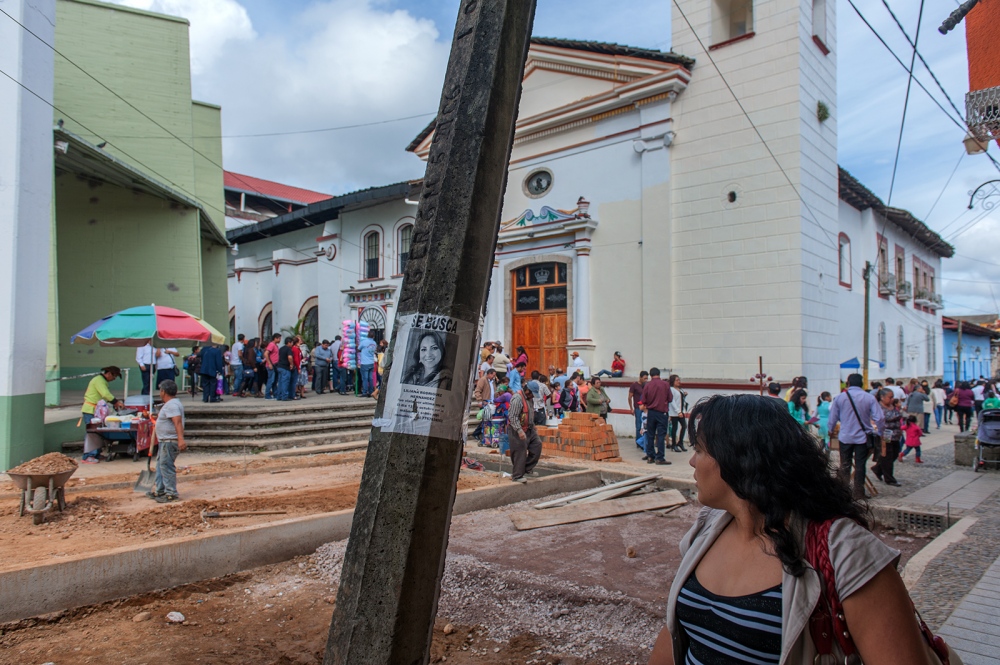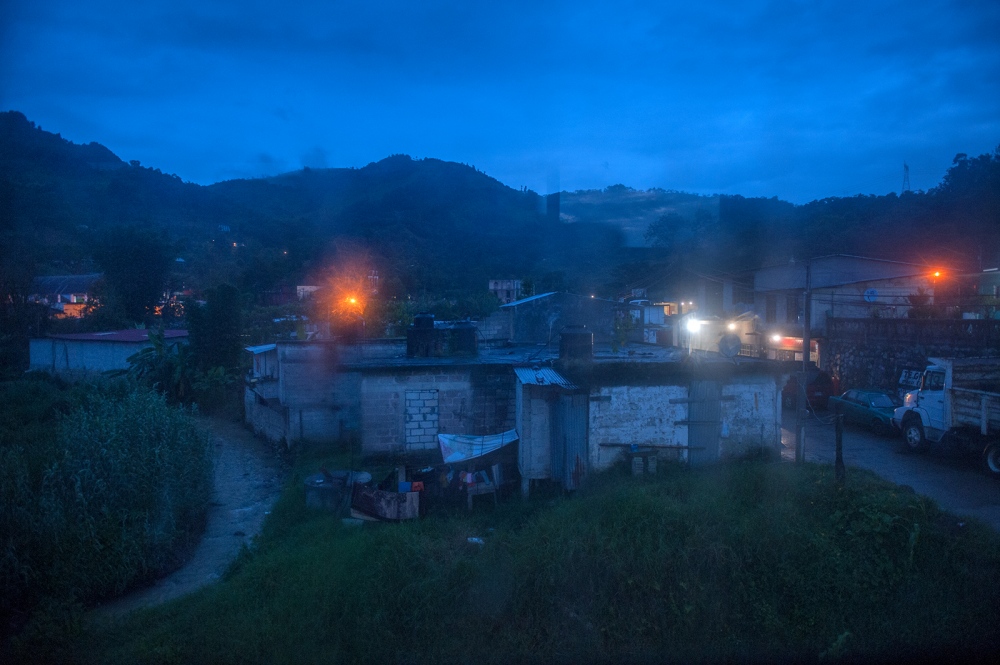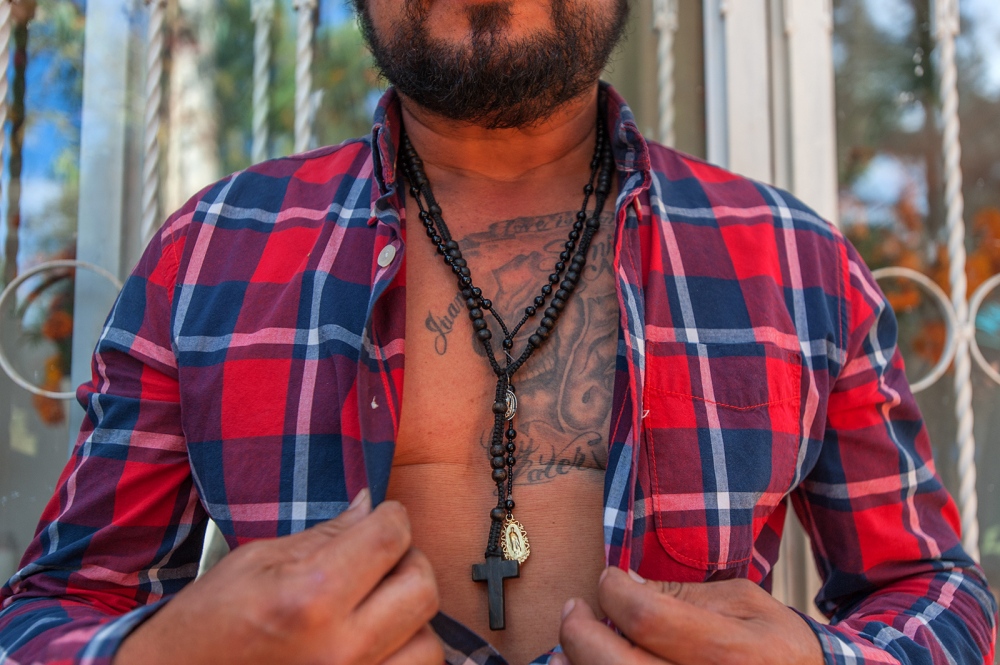"Se Busca", "Missing". Thirty-four old, medium height, petite, fair complexion, red hair, disappearance. His photo, under the indifferent eyes of passers-by, is affixed to the poles of light and on all the walls of Huauchinango City (Puebla State, Mexico) from the 13th of October 2016, when she was last seen, as stated by some witnesses, while some gunmen dragged her away, forcing her to get into a van. One of the many, of the hundreds of women who do not come home every day. Wives, daughters, mothers, disappeared into thin air.
A script that repeats itself with a macabre and precise pattern: kidnapping, torture, sexual violence, mutilation, strangulation and abandonment in landfills or pits. Nude, tortured and often disfigured bodies of adolescents and young girls are continuously discovered. Mexican statistics are shocking.
There are many hypotheses about the true identity of the murderers. We talk about drug traffickers, satanic rituals, and trade in organs. Still others claim that these poor and poorly educated girls are often victims of snuff movies, amateur videos showing the tortures put into practice during the making of a film and ending with the death of the protagonist herself. It is estimated that on average seven women are murdered a day and yet feminicide remains in Mexico a crime not yet recognized across the country. A macabre cultural normalization, a social acceptance, sexual and gender violence.
In Mexico, but also throughout Central and Latin America, the discrimination inflicted on women is a matter of great relevance, which sinks its intricate and convoluted roots into ancient patriarchal models, the so-called machismo. Here, although jurisdiction has been expanded and changed, in order to safeguard women's rights, the "evil" that affects Mexican society as a whole has not yet been eradicated.
This violence causes a physical and psychological annihilation of the female personality. Almost four and a half million Mexican women, from the age of fifteen onwards have suffered sexual abuse during their childhood. About twenty eight girls, aged between ten and fourteen, give birth after being abused by molesters who are often close family members, such as uncles, cousins and acquaintances. In spite of everything, from the belly of this country, stained with rivers of innocent blood, a scream has been heard. The desperate scream of those who want to defend their dignity, of those who no longer want to feel the shame of not being believed and being blamed by the same authorities.
On the Sierra Norte, Puebla State, at 2300 meters above sea level, between the shacks and dusty roads of the small indigenous village of Tlaola, wrapped and isolated by thick and hostile vegetation, a group of Nahua indigenous women, tired of suffering any negation, fight from years to access the right of ownership on that Mother Earth that they have always cultivated between tears and blood.
An immense love for their land, the pride of an ancient people, the pride of being women, the will to fight for those rights that have always been denied by an overwhelmingly male-dominated society.Here, in this suburb of the World, women want a better future for themselves and for the new generations. These women have been able to transform the love for their land into a Project, MOPAMPA, which in Nahuatl means "For you", so that no one leaves the fields and ends up swallowed up in an obscure city labyrinth.
A tortuous path, theirs, all uphill. They are women, however, who wanted to make the difference, proud and strong women, who did not give up. They have been pointed out as crazy and rebellious, mistreated and misjudged ... "Peasants who have always suffered triple discrimination: to be women, to be indigenous and to be poor" ..... Maria Lucia, the founder, Celerina, Macrina, Elia, Alma ... Proud and passionate natives who collect the fruits of the earth to do business, ennobling the territory where they were born and raised. They are the women of Tlaola.














